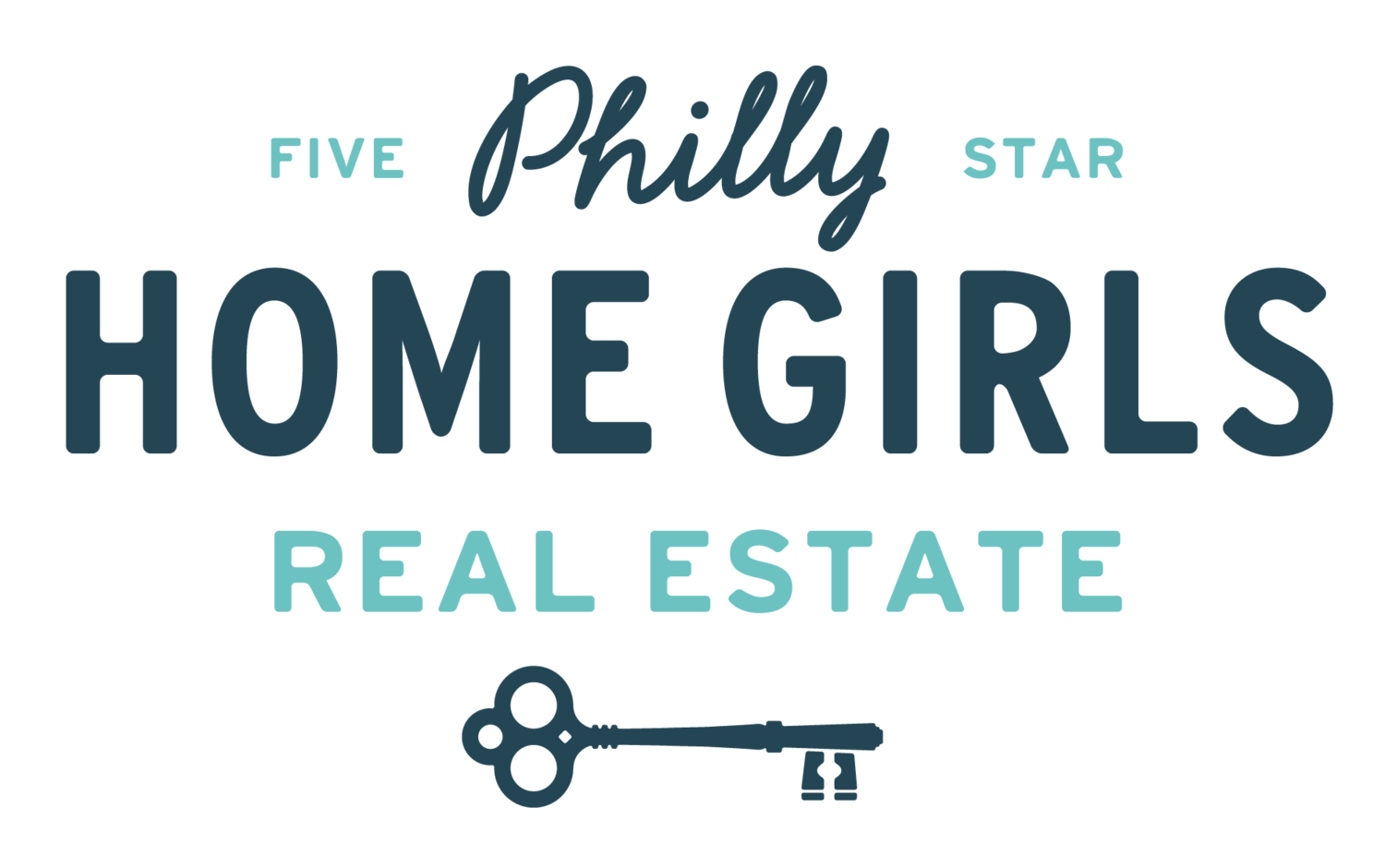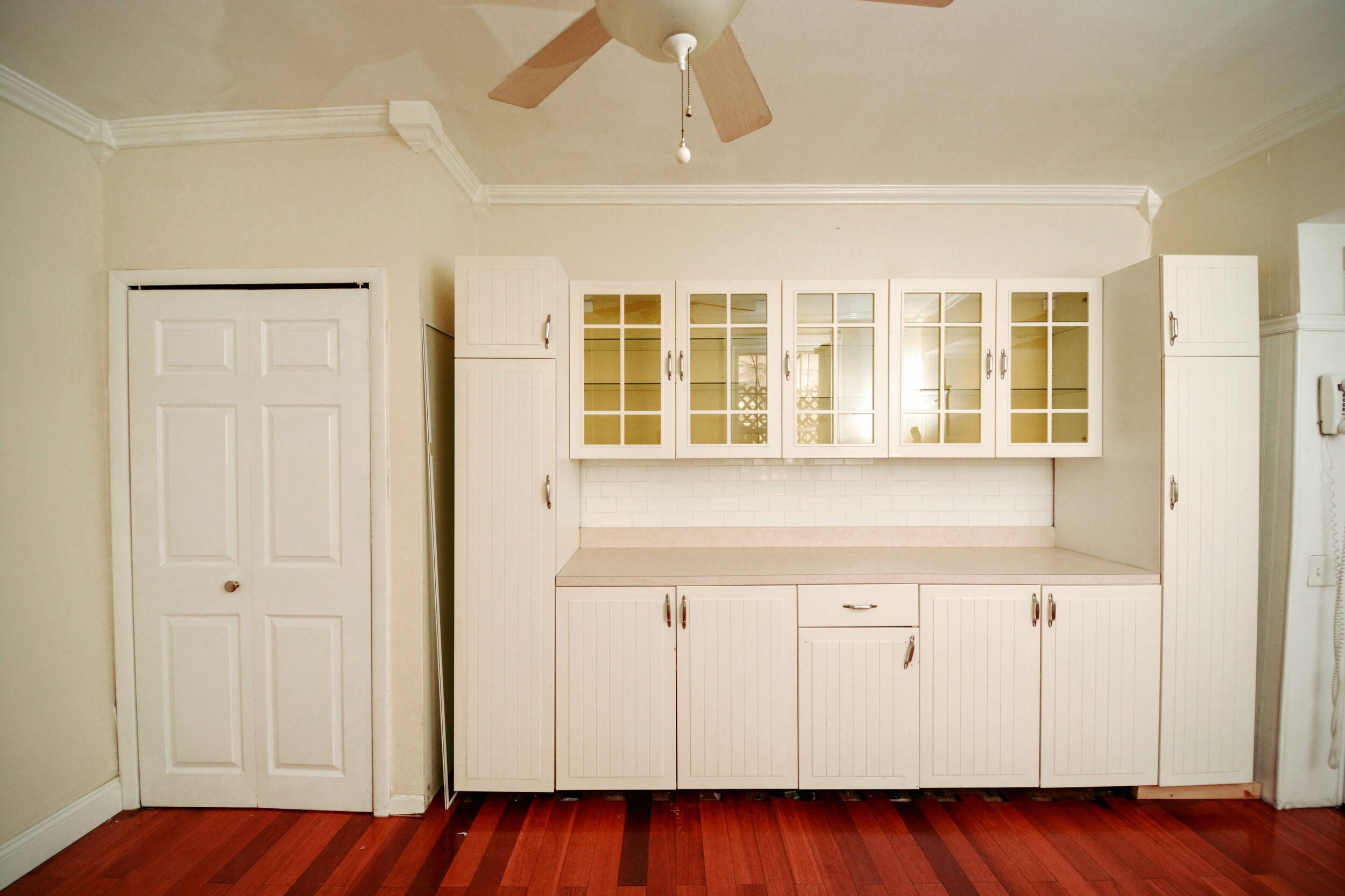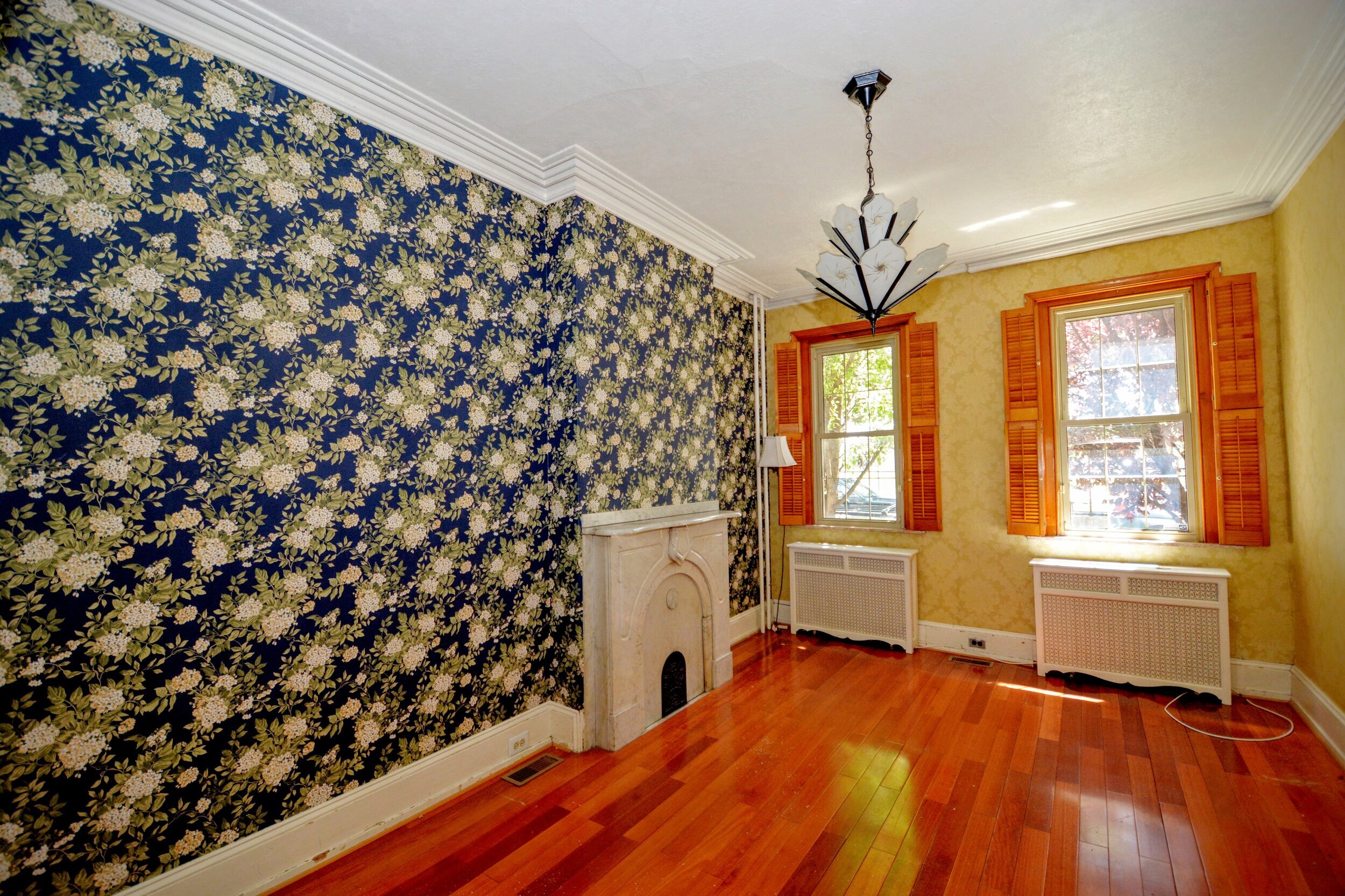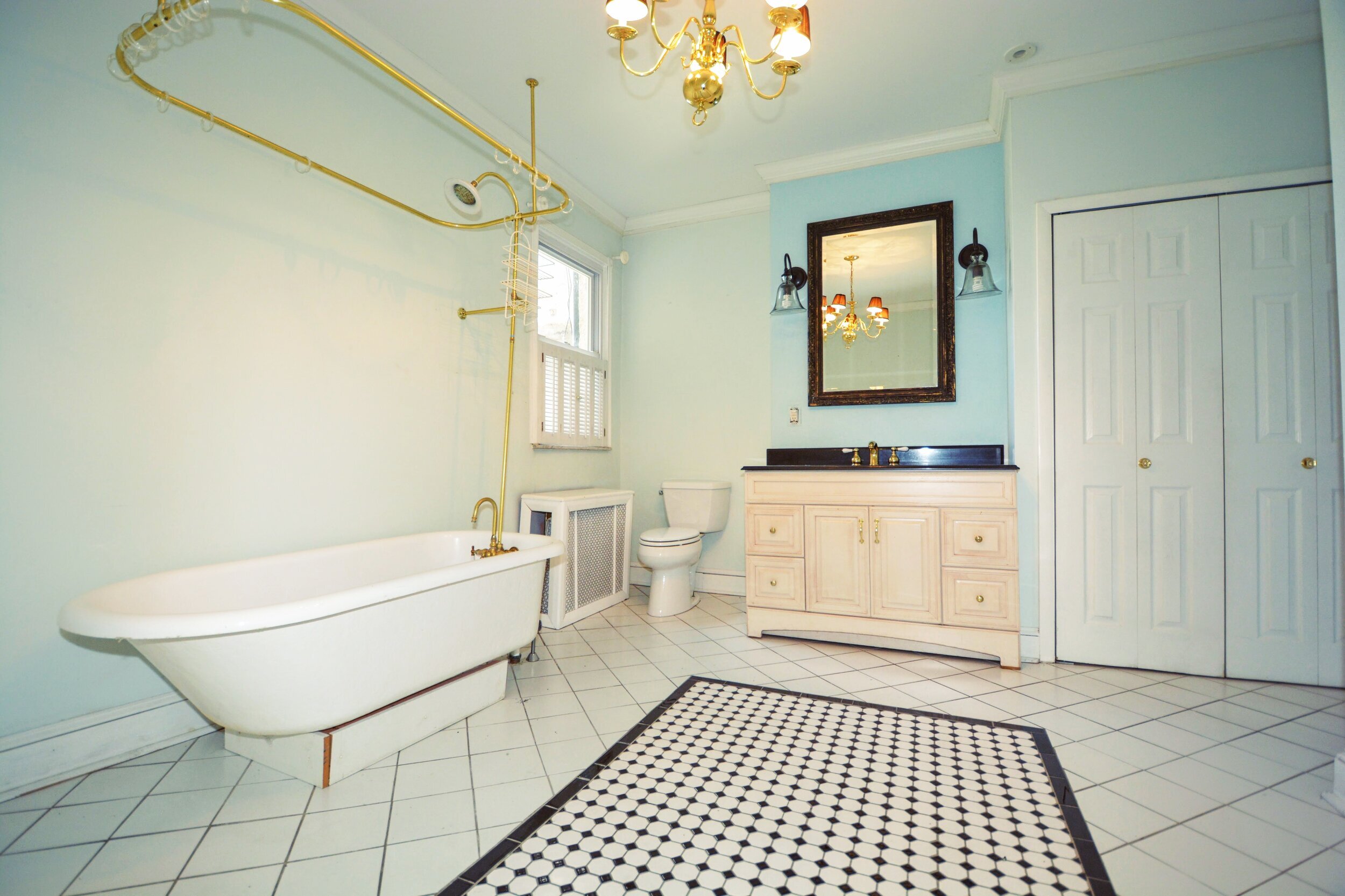One of the ways to find your dream home is to purchase a fixer-upper, grab a designer, a contractor and get on the road to renovating. Tailored loans can help to take on such a project. Let us introduce you to the Fannie Mae HomeStyle and FHA 203(k) construction loans that are designed to finance properties where conventional loans aren’t applicable or for homes that have been sitting for a while.
How they are similar
Right off the bat, it’s important to recognize that a construction loan is not as simple as a conventional loan. It’s a great option for a specific set of circumstances, but if you are looking to use it for a multi-property or a DIY renovation there may be other loan options that will be a better fit. That said if you are looking to hire a contractor for your renovations an FHA 203(k) or HomeStyle loan has your name on it!
Both of these construction loans follow the same guidelines as a regular mortgage. The main difference is the appraisal, which is based on the value of the property once the construction is completed. Both have money put into escrow at closing for renovations which is allocated to contractors when they meet project milestones. Both can be used as a refinance option when a renovation is involved. The borrow rate for either the Homestyle loan or FHA construction loan is about ½ percent higher than conventional loans or a standard FHA loan.
If you run into emergency issues, there is a contingency reserve that is added to the loan, about 10-15%. This can only be used for additional issues found, ie. you open up a wall and discover mold that needs to be remediated. The reserve can not be used to add on more improvements, or inspection and other closing fees.
Finding a contractor that you trust, is available and has produced a contract at a set price is essential for using a 203(k) or HomeStyle loan. They’ll need to produce proof of licensing, liability insurance, references, and to sign a contract for the work to be done, at a set price, prior to closing.
How they differ
Deciding factors on which construction loan to use comes down to your finances, credit score, and what you want to accomplish in your renovation. FHA 203(k) loan is a bit more lenient with credit score and financial requirements vs the HomeStyle but it has tighter restrictions on renovations. For example, with FHA you can fix a pool but not build a pool, with the Homestyle loan you can build one. It’s important to discuss your design plans with a lender so there are no surprises about what will be approved. A Homestyle loan may pay for landscaping but excludes luxury items such as an outdoor brick fireplace, or items used exclusively for decor. Think function and permanently fixed when using a construction loan.
To utilize an FHA renovation loan, you’ll also hire a 203(k) consultant if the repairs are substantial, which is regulated by HUD ( Department of Housing and Urban Development). It's a cost that is due up-front but can be financed (aka come back to you at closing). At the consultation, the minimum repairs, as well as the ones you have in mind, will be identified. With that, the appraisal can be ordered.
Although a consultation isn’t necessary for a HomeStyle loan, our lending partner Ed Fallon from Cross Country Mortgage always recommends this extra step for his clients. “A lot of preparation and getting your ducks in a row is necessary for a construction loan. You will need your contractor in place in order to not waste time and meet required deadlines that will affect your approval process. Hiring a renovation/203k consultant allows you to know what to expect and how to prepare”.
As is the norm with mortgage loans, there are so many factors that come into play. Down payment options hinge on the intended use of the property, financial requirements differ depending on your credit score and loan amounts are determined based on all these factors combined. Before trying to decipher it all online, give mortgage consultant Ed Fallon a ring and he can walk you through which option may be best for you. Go get that property at a fraction of the cost and turn it into an impressive dream oasis you’ll call home!

















Narberth is a quaint town on the Main Line that is often praised for its walkability. Residents gather frequently during its year-round festivals, local businesses, and neighborhood streets meant to be strolled. Its central location makes it convenient to many hot spots on the Main Line.